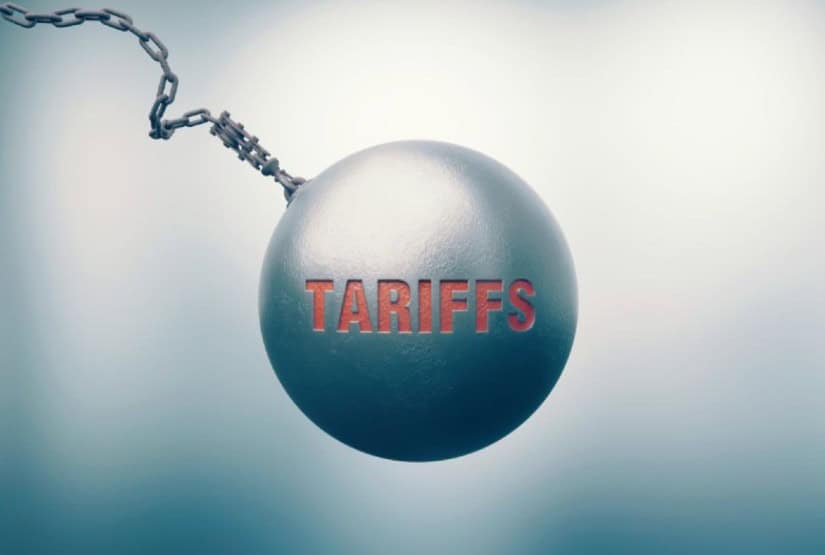Bravenewcoin
2w
157

Image Credit: Bravenewcoin
The Trump Tariffs – 4D Chess or Disaster For Global Markets?
- The Trump tariffs are not just affecting markets directly but also having a wider impact on the US and global economy as they influence inflation, interest rates, and investor behavior.
- BTC, tied to the US economy, is affected by shifts in dollar strength, interest rates, and liquidity. The current tariff concerns have impacted crypto, tech stocks, and major capital markets.
- Tariffs, imposed by governments on imported goods, serve purposes like protecting domestic industries, negotiation tools, and revenue generation. President Trump is using tariffs to bargain with China, Canada, and Mexico.
- Effects of Trump's tariffs include higher prices for consumers, protection of domestic industries, reduced trade and economic growth, and inflation. Tariffs have inflated prices and impacted capital markets negatively.
- Tariffs trigger inflation, potentially leading to a hawkish monetary policy switch, affecting interest rates, investor sentiments, and asset prices. It may drive investors towards fixed-income assets like bonds.
- The Trump tariffs have impacted global financial markets, including Bitcoin, showing the cryptocurrency's connection to macroeconomic forces. The tariffs' implications on monetary policy make them critical variables in capital markets.
- Despite the short-term market pain caused by tariff fears, the Trump administration seems focused on long-term domestic manufacturing strength. The administration appears willing to bear market slides for this purpose.
- Investors in BTC should be prepared for a defensive market in the short term due to tariff uncertainties. However, the pain from tariffs is expected to be temporary, providing potential for long-term benefits.
Read Full Article
9 Likes
For uninterrupted reading, download the app